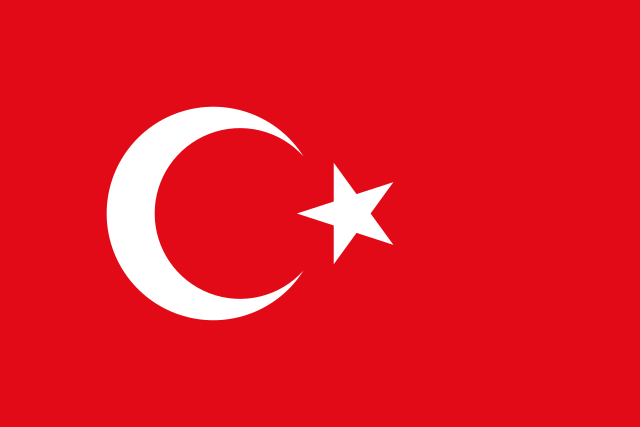A common advert finding it's way around Continental European papers.
Romania, a land steeped in fantastic history and amusements, a land of brotherhood, but even more so, a land rich with potential wealth. Although lacking development, economic returns from Romanian investments will unlock vast riches, hidden beneath idyllic charms and misconceptions. Come, join us in touring the multiple facets of Romanian economical fields, as you are entrenched in knowledge and findings of a rising global partner.

This fine farmer knows hard work


Investing in Romania
Is Investing in the Future
Is Investing in the Future
Romania, a land steeped in fantastic history and amusements, a land of brotherhood, but even more so, a land rich with potential wealth. Although lacking development, economic returns from Romanian investments will unlock vast riches, hidden beneath idyllic charms and misconceptions. Come, join us in touring the multiple facets of Romanian economical fields, as you are entrenched in knowledge and findings of a rising global partner.
Agriculture
The Romanian farmer is a hardworking man, toiling diligently in his fields to produce bountiful harvests of wheat or potato, whatever can feed his family and earn pay. Lack of mechanization prevents these farmers from reaching their fullest potential in production, especially in the poorer regions of Bessarabia. Given the right tools, through precise investments, agriculture in Romania could boom, providing foodstuffs far beyond it's borders, bringing new income to all smart investors.
This fine farmer knows hard work
Mining
The rich mineral resources of Roșia Montană have been exploited since Roman rule or perhaps before. Crammed with precious materials used in luxuries and manufactoring alike, provide for a seemingly endless well of wealth for extraction operations. As with the Romanian economy, this field faces underdevelopment and lack of funding, easily remedied by an influx of foreign or domestic investors. The sooner this goldmine is tapped, the sooner profits will pour in!
A bunch of Romania's finest, her workers
Industrialization
As before, while Romania lacks technical know-how and large amounts of funding, Romanian workers remain consistently hard-working and dedicated to their craft. Droves of loyal employees await eagerly the opportunity to contribute to Romanian industry through sheer willpower alone. Investors will find no shortage of manpower, nor lack of resources, and will find the greatest hospitality. Experience the Bounties of the Black Sea and Romanian rivers as you watch your investments swell and expand, enriching everyone's lives
These Romanian fellows take great pride in their work
Well, Why Wait?
Convinced that Romania will bring in profits for years to come? Good!
Go out and reap the rewards of Romanian Spirit! Invest Today!
Go out and reap the rewards of Romanian Spirit! Invest Today!











